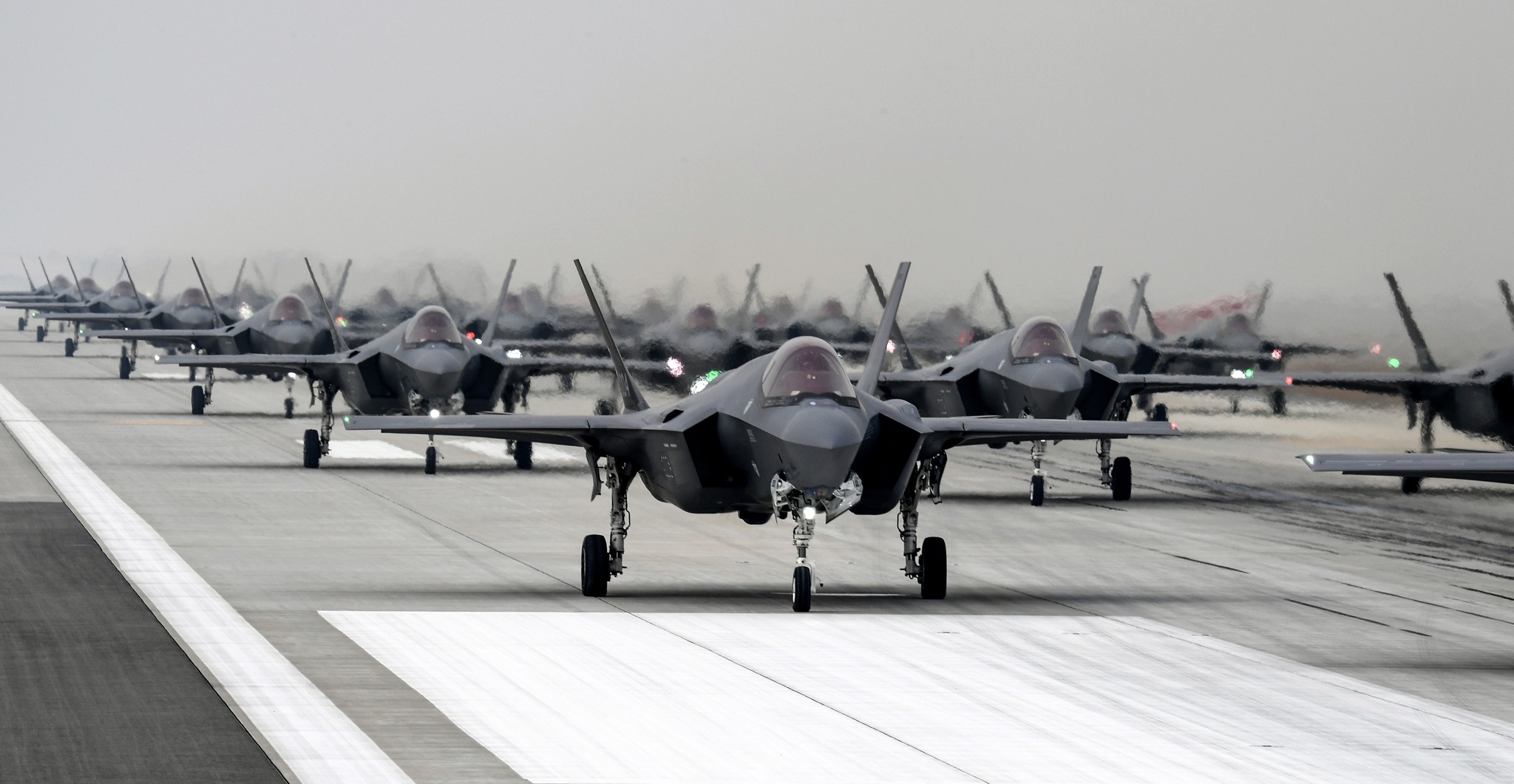Already a subscriber? Make sure to log into your account before viewing this content. You can access your account by hitting the “login” button on the top right corner. Still unable to see the content after signing in? Make sure your card on file is up-to-date.
A senior Senate Republican has called for US lawmakers to approve a “generational” investment of $55 billion in US defense spending to prevent a world war.
In an op-ed in the New York Times, Sen. Roger Wicker (R-MS) wrote, “When America’s senior military leaders testify before my colleagues and me on the US Senate Armed Services Committee behind closed doors, they have said that we face some of the most dangerous global threat environments since World War II. Then, they darken that already unsettling picture by explaining that our armed forces are at risk of being underequipped and outgunned. We struggle to build and maintain ships, our fighter jet fleet is dangerously small, and our military infrastructure is outdated. Meanwhile, America’s adversaries are growing their militaries and getting more aggressive. Their unprecedented coordination makes new global conflict increasingly possible.”

As the ranking member of the Senate Armed Services Committee, Wicker announced his plan to address military shortfalls would be published on Wednesday. Wicker’s plan proposes an additional $55 billion in military spending for the 2025 fiscal year, aiming to raise defense expenditure from the current 2.9% of GDP to 5% over the next five to seven years. According to Wicker, “We have been living off the Reagan military buildup for too long; it is time for updates and upgrades.”
The senator’s proposals include expanding the US Navy to 357 ships by 2035 and adding 340 fighter jets to the Air Force within five years. Additionally, the plan seeks to replenish the Air Force’s tanker and training fleets and accelerate the modernization of the Army and Marine Corps.

Wicker cited the military activities of Russia and China as key motivators for this increase. “Worse yet, these governments are materially helping one another, cooperating in new ways to prevent an American-led 21st century. Iran has provided Russia with battlefield drones, and China is sending technical and logistical help to aid Mr. Putin’s war,” he said.
Wicker noted that it would be difficult to secure the additional funding, saying it would be a “hill to climb,” but said it was critical.
Additional piece of information:
For Fiscal 2025, the Biden administration has proposed a $849.8 billion budget for the Department of Defense.






